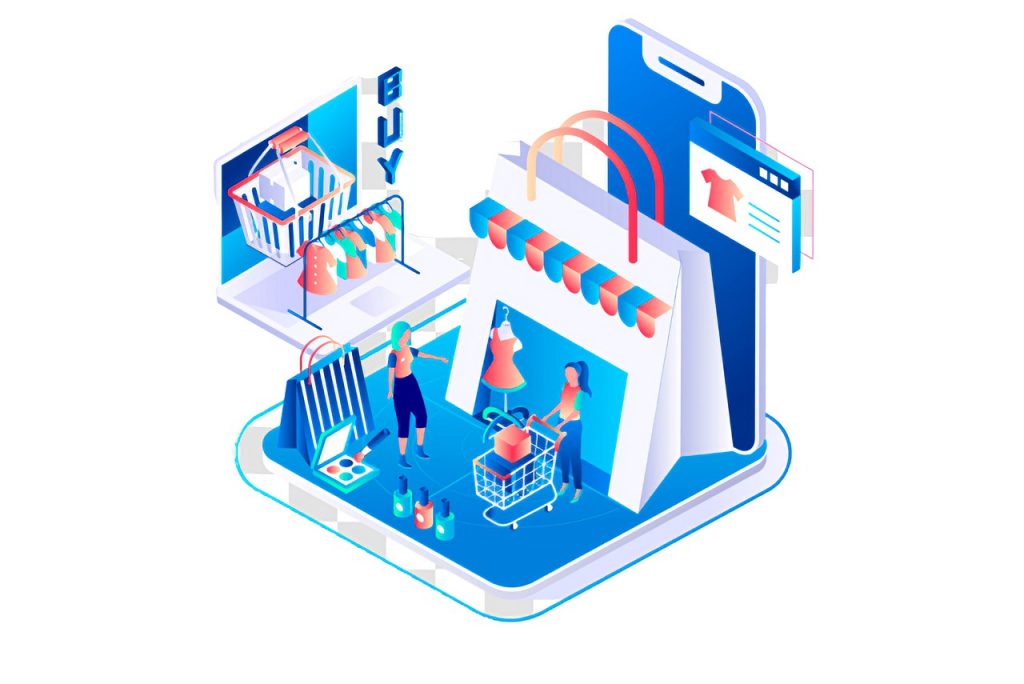Can You Patent A Business Method?
Imagine yourself as an inventor. You’ve heavily invested in your own unique clothing website. Your website has a special feature: your customers can feel the fabric of whatever product they want to purchase. For this, you’ve have used sophisticated technology with sensors that allow the customer to feel tactile sensations. Your touch feature is unique and not commonly used by other websites selling clothes. Clearly, this free-of-charge sensory feature elevates your website to a higher level. So will you get a patent for your business method?
The answer to this is partially yes and partially no. By having a definite never-before-seen tactile component, you have added specific technology to your business method of selling clothes. Your sensory invention satisfies the patentability requirements of novelty-utility-inventive-step. However, you cannot patent the business of selling clothes as it is. Such a patent would discourage invention and development, because it would result in unfair competition and monopolization of the market.

TLDR; you cannot patent business methods. But if technology gets added to the business method and that technology satisfies the patentability criteria then it can get patented.
So, What Exactly Cannot Be Patented?
When your business method involves an inventive step and solves a technical problem, you can patent it. Abstract business ideas cannot be protected. In the example given above (ft. the clothing website), the invention solves a problem.
When customers know how the product will feel, it increases their trust in the product and makes them feel there is a low possibility of them being cheated. This unique feature fills an economic need, and allows you to get a patent. However, you cannot prevent others from selling clothing online per se.
If Patents Are Not Possible, What Other IP Rights Can You Get In This Scenario?
When you combine a technological invention with your business method it is protected as a utility patent. In contrast, the business name, logo, or tagline can be trademarked. You can protect your software through copyright. Any feature of hardware unique to your website can be protected by design.[PAL1] Specific algorithms that help to identify the tactile sensations can be protected by Trade Secrets.
You must protect the invention from all aspects even though you might not get a patent. If someone else develops a similar website where a customer can feel whatever they want to buy, you cannot prevent them from developing and selling their website. But if the other party completely copies your invention with no changes as such then you can take action. Ideas cannot be protected, but the way they are expressed is often eligible for protection.
The Ultimate Question: To Patent or Not to Patent?
If you have added some technical aspects to your business method and if you think it’s satisfying all the patentability criteria then it’s strongly advised that you go for a patent. Even if your patent application is rejected you can always build a fence around your invention and protect its other features. For this, you can make use of all the other available IP rights. This fence building will make it very difficult for others to copy your invention.
Author: Dipanwita Chakraborty, Associate Trainee at PA Legal.
In case of any queries, kindly contact us here.
Thank you for reading our blog! We’d love to hear from you! 🙂
- Are you Interested in IP facts?
- Would you like to know more about how IP affects everyday lives?
- Have any questions or topics you’d like us to cover?